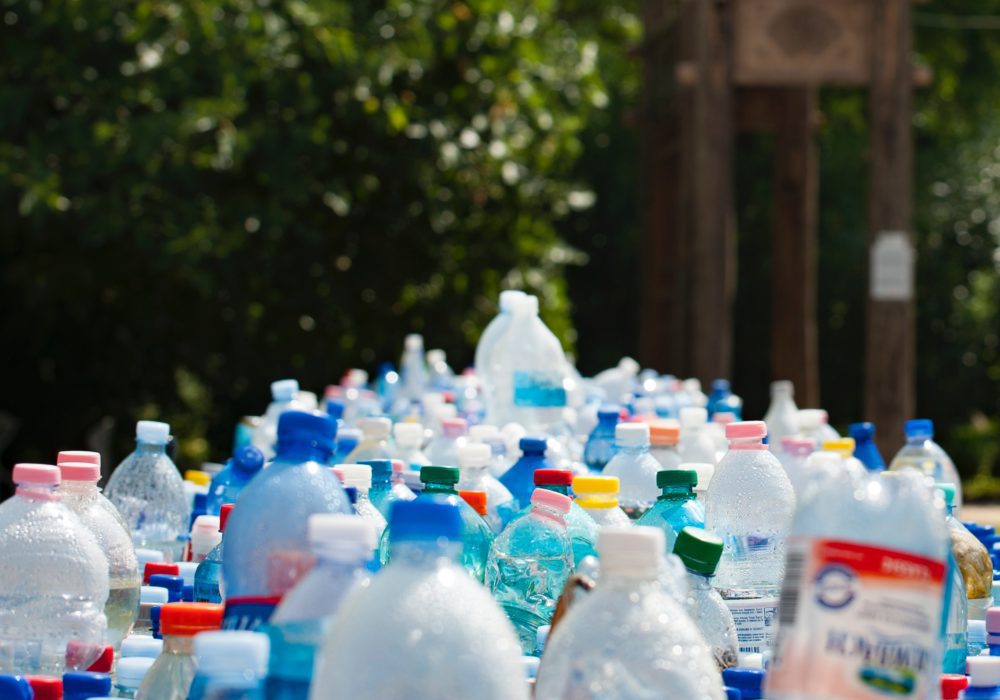
The UK is quietly walking towards a recycling crisis. Most local authorities are falling well behind government targets to recycle 50% of household waste by the end of next year. In fact, some are finding that the proportion of rubbish they’re recycling is actually in decline.
With waste management budgets being squeezed up and down the country, regional teams are being asked to do more with less – but this doesn’t mean better recycling results are unachievable.
By mobilising the community and putting the right operational technology in place, your local authority can smash even the most ambitious recycling targets, creating a greener neighbourhood. To get you started on this journey, here are some of our top tips for making recycling more successful in your local authority…
1. Make your collection guidelines clear
Many households are under the misconception that they can chuck whatever they like in the recycling bin and it will end up in the right place. But this confusion is costly to refuse collection teams.
Your workforce may find themselves either having to sort through items manually, or abandoning collections that are too cluttered to be easily processed. And even if materials make it to the recycling plant, you may have to budget for automatic sorting using expensive machinery.
Many local authorities issue households with multiple recycling containers – covering everything from glass to food waste – that aren’t always picked up on a weekly basis. Make sure your residents have a clear understanding of what can be recycled and when it will be collected.
2. Give feedback when households get it wrong
Even well-intentioned people will make mistakes with their recycling, and they might not be aware of these errors. Residents that have recently moved house can be particularly affected, as often recycling guidelines differ between local authorities.
The temptation can be to put up with these errors and move on, however some local authorities are experiencing great success with feedback schemes. For example, refuse collection teams in Bath and North East Somerset will leave a postcard if they cannot take an item, explaining why it doesn’t meet their criteria.
These postcards may add an extra couple of minutes to each round, but the gains made by households setting their recycling out right for every future collection are much greater.
3. Use your online platforms as an educational tool
A recent study in Minnesota, USA found that 1 in 10 items put out for recycling are contaminated and therefore cannot be processed. However, proper disposal could have ensured those items were recyclable. The story is similar in the UK, yet few local authorities have marketing campaigns in place to raise awareness of simple mistakes.
Even if you don’t have the time or resource to leave printed materials like postcards, most councils have digital hubs or social media channels in place. These provide a low-cost opportunity to launch educational marketing schemes, so you can tackle key recycling issues like contamination.
4. Offer additional paid-for services
With budget strain increasing year on year, it’s not possible to expand free recycling services in the way most local authorities would like. However, that’s not to say these features cannot be offered at all.
Many refuse collection teams are experiencing good success with paid-for recycling services that are offered as an add-on to complimentary collections. For example, residents are often happy to pay a small charge if it means their garden waste is taken away, or bulky household items they no longer need are recycled on their behalf.
Sometimes the biggest obstacle to better recycling rates is convenience; providing an affordable service that makes the process easier can have a dramatic impact on results.
5. Respond to the demands of your recycling routes
Just as general waste levels fluctuate week-on-week, the recycling demands of your local community are also likely to change. The problem is most local authorities lack the analytical tools to analyse and report on recycled waste, in order to make more effective decisions.
There are cost-effective waste management solutions available to refuse collection teams, which can give you powerful insight into what your residents leave out. Processing the data generated by these workflows will help you to refine collection services so that spending is minimised, without compromising customer service.
Something as simple as increasing food waste collections but dropping the frequency of other recycling rounds could significantly improve the facilities you offer, whilst still balancing the cost of collections.
6. Get real-time feedback from collection crews
It’s not just software that offers insight into how recycling services can be improved; most local authorities will find your most valuable tool is the anecdotal feedback you receive from collection crews.
The right waste management software should include the tools you need to communicate with refuse workers in real-time, so they can alert you to any problems and unforeseen demands encountered during their regular route. This will enable you to respond quickly and cost-effectively, so that a small setback doesn’t compromise your overall level of service.
Improve the way you process household recycling with Whitespace Municipal Waste Management software. Book a free demo to discover how our platform can streamline admin and enable dynamic communication across your workforce.
